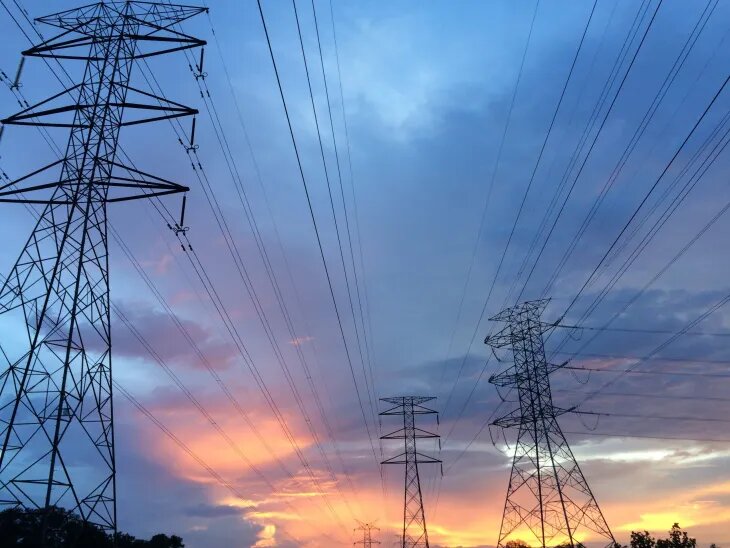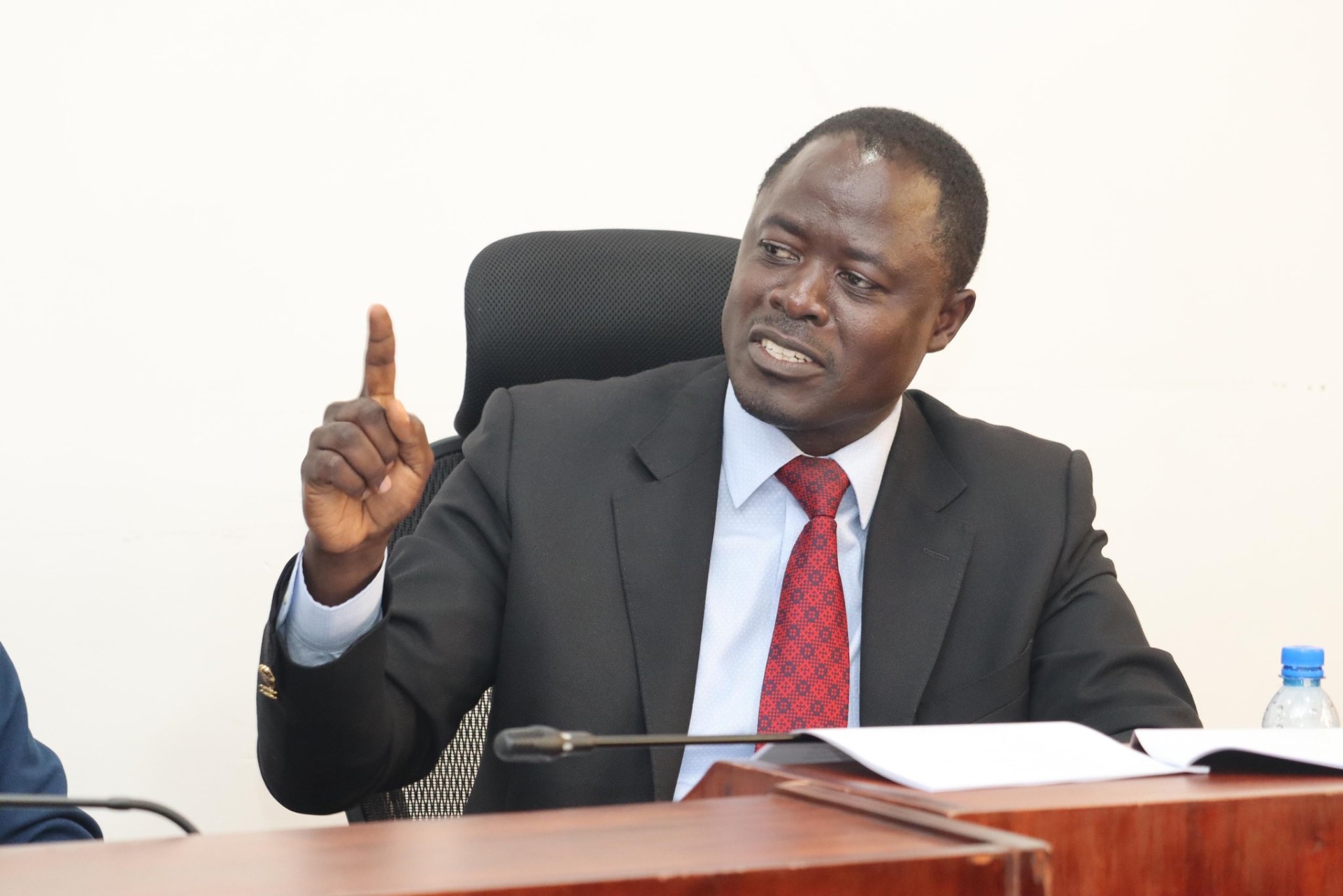Court blocks KETRACO-Adani deal amid rising concerns

The High Court has stopped the Kenya Electricity Transmission Company (KETRACO) deal with Adani Energy Solutions.
This is after the Law Society of Kenya (LSK) moved to court on Friday, October 25, 2024, and obtained orders pending the hearing and determination of the case.
High Court judge Bahati Mwamuye said that he was satisfied that the petitioners in the case had met the legal threshold to warrant the orders.
“A conservatory order be and is hereby issued suspending the implementation of any Project Agreement between the 1st, 3rd, 4th, 5th, 6th, and 7th Respondents jointly and severally and the 2nd Respondent and/or any of its related companies and entities with regard to the development of transmission lines, substations, or any other electrical power infrastructure”, the order reads.
The judge also issued a conservatory order restraining the respondents, jointly and severally, directly or by their servants from entering into any new agreement or furthering any existing agreement concerning the 2nd Respondent and/or any of its related companies and entities with regard to the development of transmission lines, substations, or any other electrical power infrastructure.
The matter is to be mentioned on November 11, 2024, in an open court.
At the same time, parties have been directed to file and serve the petition to the respondents and responses to be filed by November 1, 2024.
In the case, LSK sought a conservatory order suspending the implementation of the Project Agreement said to have been entered into between Kenya Electricity Transmission Company (KETRACO), and Adani Energy Solutions Limited, providing for a lease of 30 years at a project cost of Ksh95.68 billion with regard to the development of major transmission lines and substations.
In both petitions, the petitioner contends that the agreement is a constitutional sham is tainted with secrecy and is short of the principles of integrity, transparency, openness, and accountability.
LSK also faults the respondents for not conducting meaningful public participation in the proposal and for not undertaking proper due diligence on the proposal contrary to constitutional imperatives and the provisions of the Public Private Partnerships Act.
They argue that the matter is extremely urgent, and the petition raises weighty matters of great concern and public interest touching on the alleged leasing of strategic national electricity infrastructure, and thus it is necessary to preserve the substratum of the Petition in the interim and prevent it from being rendered nugatory.













